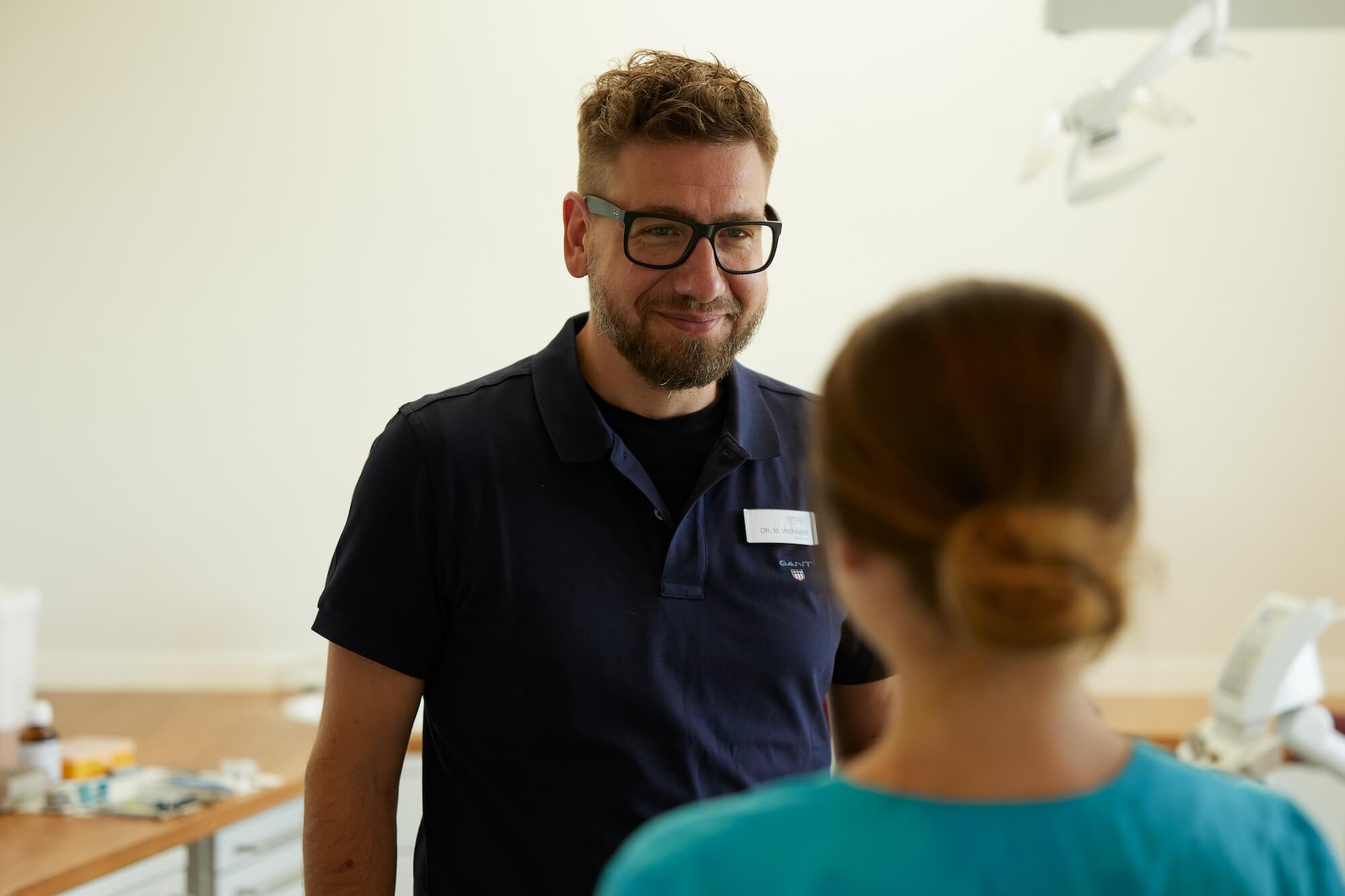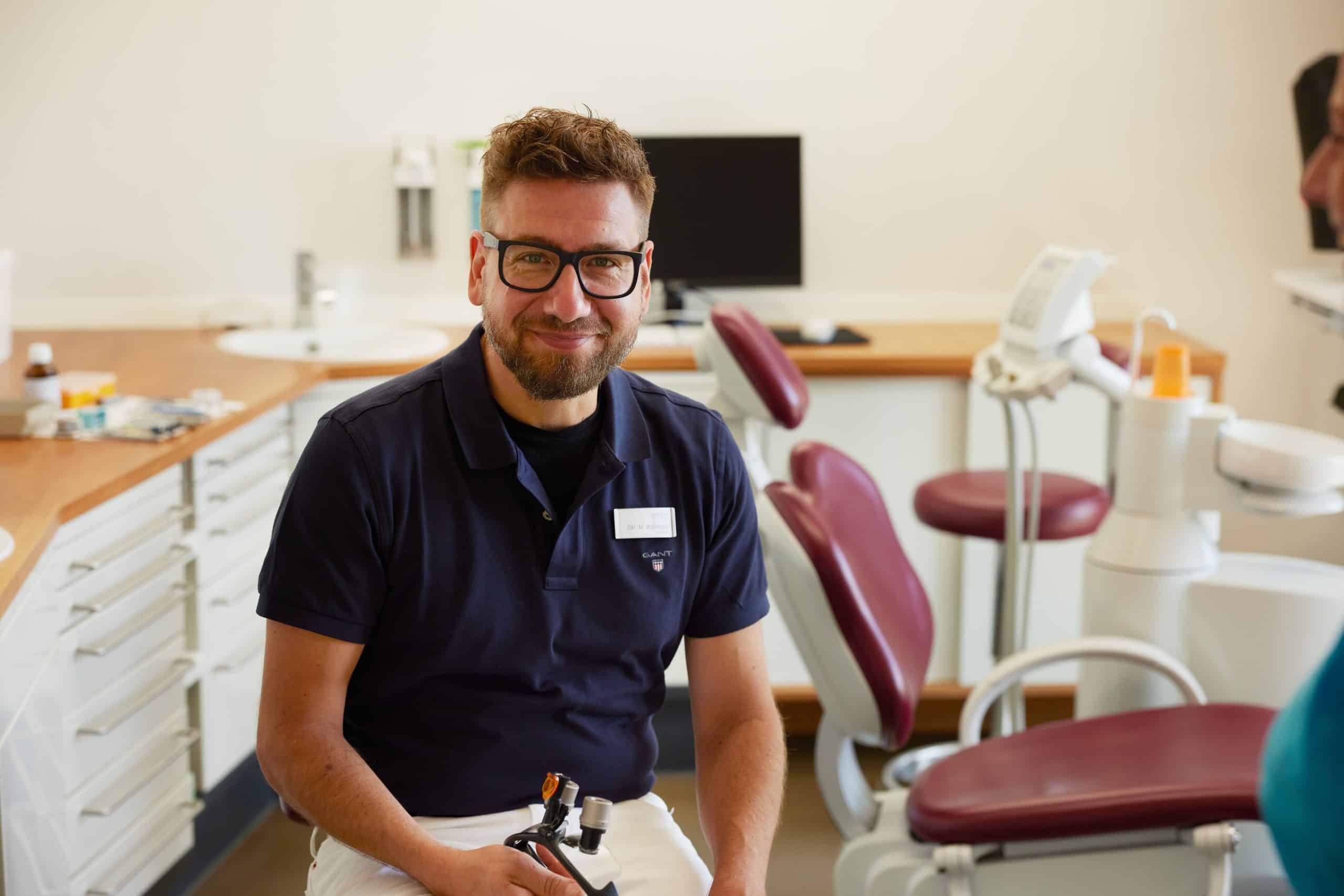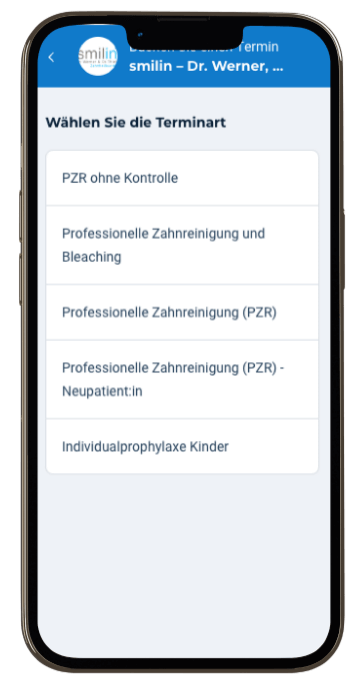
Family
Milk teeth & change of teeth
We will guide you in 5 simple
Steps to white teeth
Who would have known?
Decayed milk teeth can infect new teeth
They fight their way out of the small jaw, causing strain for parents and child alike: the milk teeth. As soon as they flash in the mouth, dental care should be started. Because if the milk teeth are already infected with caries bacteria, they can infect the growing teeth. Consistent care is an important prerequisite for optimal development of the permanent dentition.
Everything at a glance
Table of contents

So simple, but effective:
Milk teeth & change of teeth
They fight their way out of the small jaw, causing strain for parents and child alike: the milk teeth. As soon as they flash in the mouth, dental care should be started. Because if the milk teeth are already infected with caries bacteria, they can infect the growing teeth. Consistent care is an important prerequisite for optimal development of the permanent dentition.
Initially, it is sufficient for parents to clean their child's teeth every evening with a soft brush and water. At around one year of age, the child should already have its own toothbrush - under no circumstances should it be allowed to use its parents' toothbrush, as it could pick up caries bacteria this way.
A radiant smile again thanks to bleaching.
The first toothbrush
Special children's toothbrushes with an angled, thick handle and a short, narrow, pre-slanted brush head are well suited. Of course, in the beginning - actually for the first 3 to 4 years - the offspring needs intensive support with cleaning. And it is important that tooth cleaning is established as a fixed ritual, preferably two to three times a day. Toothpaste doesn't have to be
A radiant smile again thanks to bleaching.
Toothpaste is not yet necessary at an early age.
Avoid it as long as your child is still swallowing or spitting out most of it. Although children's toothpaste is made in such a way that it can be swallowed without hesitation, it should not be so tasty that the child thinks of it as a sweet. From the age of six, children can also use adult toothpaste.
More important than the toothpaste is the brushing technique and the regularity of brushing: ideally after every meal. However, if you brush two or three times a day, you are already doing quite well. The correct brushing technique, the KAI method, should be practiced right from the start:
The best choice:
The right technique
For occlusal surfaces:
K
-
The toothbrush sweeps back and forth like a scrubbing brush.
For exterior surfaces:
A
-
Place the teeth on top of each other and then brush all outer surfaces with small circles.
For exterior surfaces:
U
-
Tooth by tooth, all inner surfaces are cleaned from red to white (from the gums to the crown of the tooth) using vertical movements.
Parents should brush their child's teeth until they reach school age. Only when a child can write fluently is their fine motor skills developed enough to be able to brush their teeth independently.

Don't leave your dental health to chance!
Please feel free to come to our practice or give us a call!
-
Brushing teeth together in the evening is fun for all family members and can become a fixed ritual.
-
A toothbrush timer sets the brushing time.
-
Brushing each other's teeth is a change and quite difficult, as you will find out.
-
The composite filling is hardened for a few seconds under the light of a UV lamp.
-
Check the result of the cleaning process with plaque staining tablets. Anyone with red spots must continue cleaning.
A radiant smile again thanks to bleaching.
Tips for motivating
Nutrition is dental care
The extra portion of fluoride - necessary or not?
Fluoride is important to strengthen the teeth against tooth decay. But as long as your child brushes regularly and goes for check-ups, no extra dose of this mineral is necessary. The fluoride in toothpaste and in food (prepared with fluoride-containing table salt) is completely sufficient. Dentists recommend products containing 500 ppm (0.05%) fluoride as a suitable toothpaste for children up to school age. Fluoride varnishes or gels should only be used according to the dentist's instructions.
For children and adults alike, dental care starts with eating. A healthy diet strengthens the teeth's resistance. Crunchy foods such as wholemeal bread and carrots scrub plaque from the teeth almost like a toothbrush, promote jaw formation and increase both the quantity and quality of saliva. Sugar, on the other hand, such as in sweet tea and porridge, promotes tooth decay. It has also been medically proven that constant sucking on feeding bottles is damaging to teeth. Because if the teeth are constantly surrounded by liquid, even if it is only water, the protective saliva has no chance and the caries bacteria can happily spread.
It is therefore all the more important that the baby's teeth are strengthened early on with nutrients and minerals against future caries attacks. Wholesome food promotes healthy tooth growth. Also use table salt containing fluoride.
The first permanent teeth erupt between the ages of five and seven. The first permanent tooth is usually a molar. It pushes through behind the milk tooth row.
Only then do the milk teeth begin to wobble and be replaced by permanent teeth:
A radiant smile again thanks to bleaching.
The change of teeth
-
Between the ages of six and eight, the first, so-called central incisors
-
Between the ages of seven and nine, the second, so-called lateral incisors
-
Canine teeth between the ages of nine and 13
-
The first molars or milk teeth between the ages of nine and twelve
-
Between the ages of ten and 14, the second molars or milk teeth
-
Wisdom teeth between the ages of 16 and 40
Before the milk teeth begin to wobble, the spaces between the teeth, so-called "gap teeth", appear to become larger on the left and right. This is quite normal during the change of teeth. Through appropriate growth, the jaw ensures that there is enough space for the larger permanent teeth to prevent a boxed position.
The posterior molars generally have no milk tooth predecessors, they only develop in the permanent dentition.
The permanent dentition consists of 32 teeth. Now is the time to pay particular attention to dental care, because these chewing tools are used for a lifetime and make a significant contribution to appearance.
What our patients say about us
Customer testimonials
Advice is everything
We are happy to examine and advise you
Would you like more information on this topic? Then simply get in touch with us by phone or using the contact form.
We take care of your smile.
Benefit from our additional services
In addition to high-quality dentistry, we offer a comprehensive range of services on request to make your visit to us as pleasant as possible.
-
SMS notifications
for reminders about check-up and prophylaxis appointments
-
Digital dental impression
for fast fabrication of precise dental prostheses in 2 hours.
-
Own laboratory on site
-
Long opening hours
for more flexibility when booking appointments
Book an appointment conveniently online
Make an appointment online now!
If you are interested in our dental health services, we will be happy to advise you: The smilin'' dental practice near Lörrach, Weil am Rhein and Basel awaits you. Please simply arrange your personal appointment by telephone or via our online appointment booking tool!

-
Fast feedback
We will get back to you within 48 hours!
-
Non-binding inquiry
This contact request is of course non-binding.
-
Personal contact person
A team member will contact you personally!


